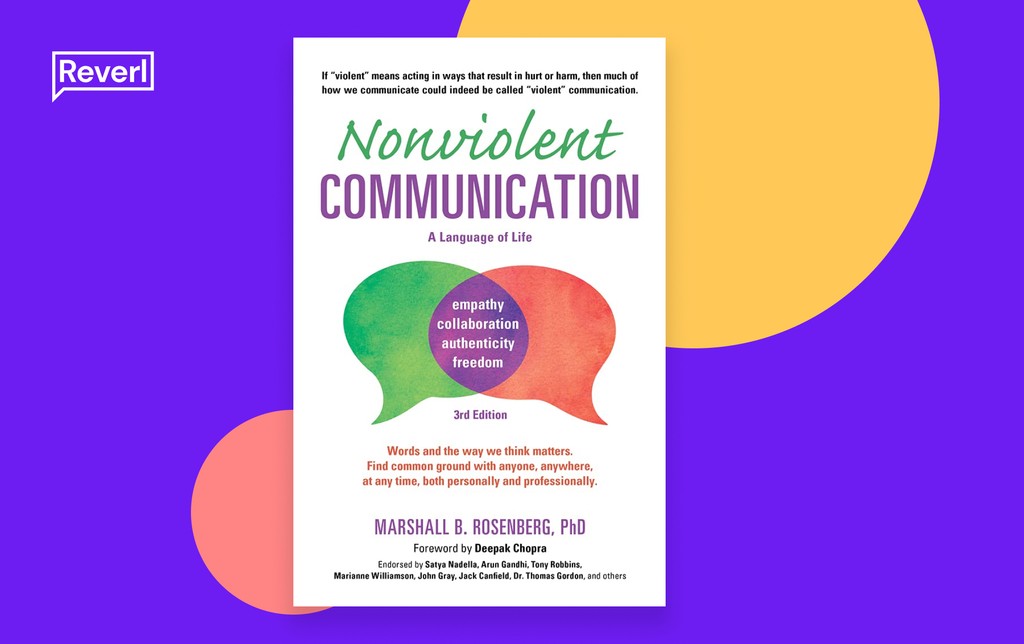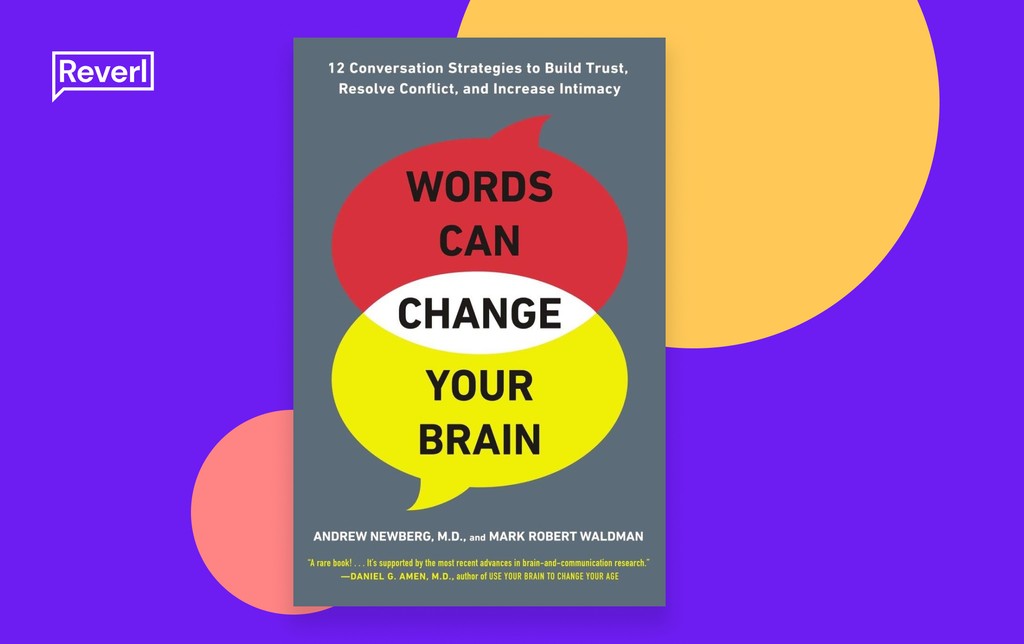How Language Affects Wellbeing
Language is more than just a tool for communication; it’s a powerful force that shapes our thoughts, emotions, and interactions. The words we choose, whether spoken or internal, can profoundly impact our mental and emotional wellbeing, influencing how we see ourselves and connect with others.
Using positive and mindful language can reduce stress, improve relationships, and boost your overall sense of self-worth. It’s not just about what we say to others, but also about how we speak to ourselves, creating an internal dialogue that supports our growth and happiness.
On this page, you’ll find practical tips, exercises, and resources to help you harness the power of language, leading to a more positive, connected, and fulfilling life.
The Power of Language
Language is a powerful tool that shapes our thoughts, emotions, and interactions with the world around us. The words we choose to express ourselves can significantly influence our mental and emotional wellbeing, as well as our relationships with others. Whether spoken aloud or kept within, language has the ability to uplift, motivate, and heal—or to harm, limit, and depress.
Understanding the impact of language on our wellbeing allows us to make more mindful choices in how we communicate with ourselves and others. By harnessing the positive power of language, we can foster a more supportive inner dialogue, improve our interactions, and create a more positive and nurturing environment.
The Benefits of Language in Wellbeing
Language plays a crucial role in shaping our wellbeing, influencing everything from our mental health to our relationships. The way we use language—both in our self-talk and in our interactions with others—can have a profound impact on our overall sense of happiness and fulfilment.
Improved Mental Health: Positive self-talk and affirmations can boost self-esteem, reduce anxiety, and combat negative thought patterns. When we speak kindly to ourselves, we reinforce our self-worth and resilience, helping to protect our mental health.
Enhanced Emotional Resilience: Language helps us process emotions and experiences. By framing challenges in a constructive way, we can develop a more resilient mindset, seeing obstacles as opportunities for growth rather than insurmountable problems.
Stronger Relationships: The words we choose in conversations with others can either build up or damage relationships. Using language that is empathetic, supportive, and respectful fosters deeper connections and trust, leading to healthier, more fulfilling relationships.
Increased Motivation and Productivity: Positive language can energise and motivate us to achieve our goals. Whether it’s through setting clear, empowering intentions or encouraging ourselves with affirmations, the right words can propel us towards success.
Greater Sense of Belonging: Inclusive language creates an environment where everyone feels valued and respected. By being mindful of the words we use, we contribute to a culture of acceptance and belonging, which is essential for both individual and collective wellbeing.
Harnessing the power of language in these ways can lead to significant improvements in your mental and emotional health, enhancing your overall wellbeing and quality of life.
How Language Influences Wellbeing
Self-Talk and Inner Dialogue: The way we talk to ourselves profoundly affects our self-esteem and mental health. Negative self-talk can lead to feelings of inadequacy, anxiety, and depression, while positive affirmations and compassionate inner dialogue can boost confidence and resilience.
• Example: Replacing self-critical thoughts like “I’m not good enough” with affirmations like “I am capable and learning” can shift your mindset and improve your emotional wellbeing.
Communication with Others: The language we use in conversations with others can either build up or break down relationships. Words that express empathy, kindness, and understanding can strengthen bonds, while harsh, judgmental, or dismissive language can create conflict and distance.
• Example: Using “I” statements, such as “I feel concerned when…” instead of blaming “You” statements, like “You always…” can lead to more constructive and positive conversations.
Cultural and Social Influence: Language is a key component of culture, and the way it is used within a community can impact collective wellbeing. Inclusive language promotes diversity, equity, and belonging, while derogatory or exclusive language can perpetuate discrimination and harm.
• Example: Choosing gender-neutral or inclusive language in professional and social settings helps to create a more welcoming and supportive environment for everyone.
Mindfulness and Language: Mindful language involves being aware of the words we use and their impact on ourselves and others. This mindfulness extends to written communication, social media interactions, and even the way we think about the world.
• Example: Before responding in a heated situation, taking a moment to consider your words can prevent misunderstandings and maintain a calm, positive atmosphere.
Steps to Improve Language for Better Wellbeing
Practice Positive Self-Talk: Make a habit of speaking kindly to yourself. Replace negative thoughts with encouraging and supportive language.
Be Intentional in Communication: Choose your words carefully when speaking with others. Aim to be clear, compassionate, and constructive.
Learn and Use Inclusive Language: Educate yourself on inclusive language practices to ensure that your words contribute to a positive and respectful environment for everyone.
Engage in Active Listening: Listen carefully to others before responding. This not only improves communication but also helps you respond more thoughtfully and empathetically.
Reflect on Your Language Use: Regularly reflect on the language you use, both internally and externally. Consider how it affects your mood, relationships, and overall wellbeing.
Book Recommendations on Language and Wellbeing
Here are some books that delve into the connection between language and wellbeing:
The Four Agreements
by Don Miguel Ruiz
This book emphasizes the importance of being impeccable with your word, highlighting how language shapes our reality.
The Miracle of Mindfulness
by Thich Nhat Hanh
A guide to mindfulness that includes how mindful communication can lead to better relationships and personal peace.
Nonviolent Communication: A Language of Life
by Marshall B. Rosenberg
This book introduces the concept of nonviolent communication, focusing on empathy and understanding to improve interactions and resolve conflicts.
Words Can Change Your Brain
by Andrew Newberg and Mark Robert Waldman
This book explores how the language we use can alter our brain chemistry and influence our wellbeing.





